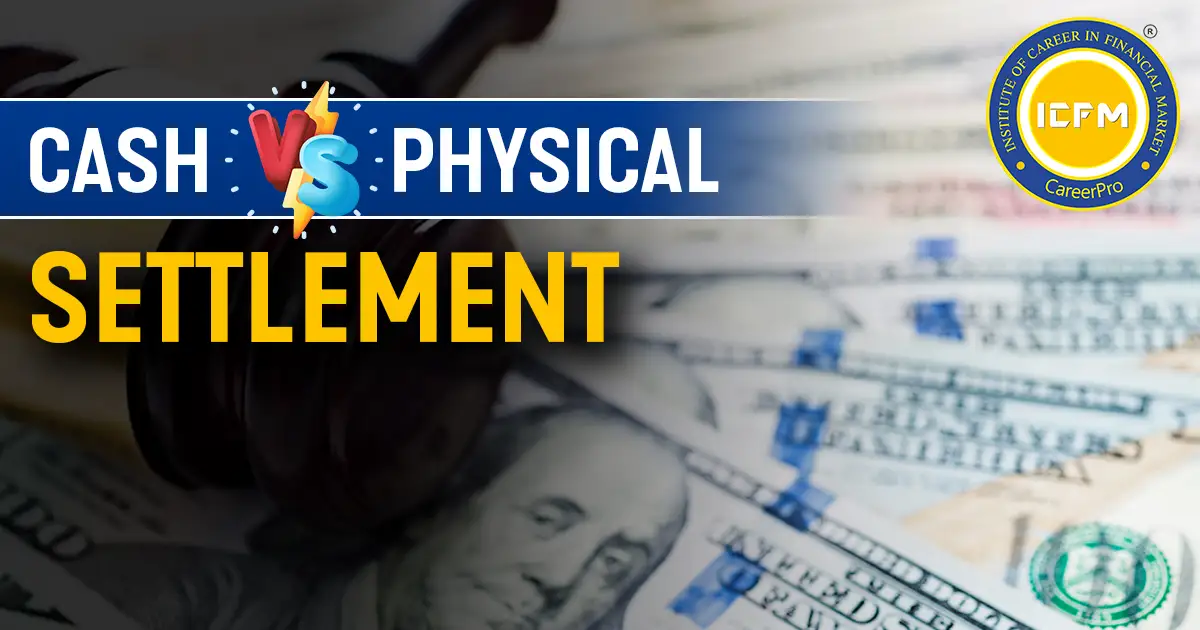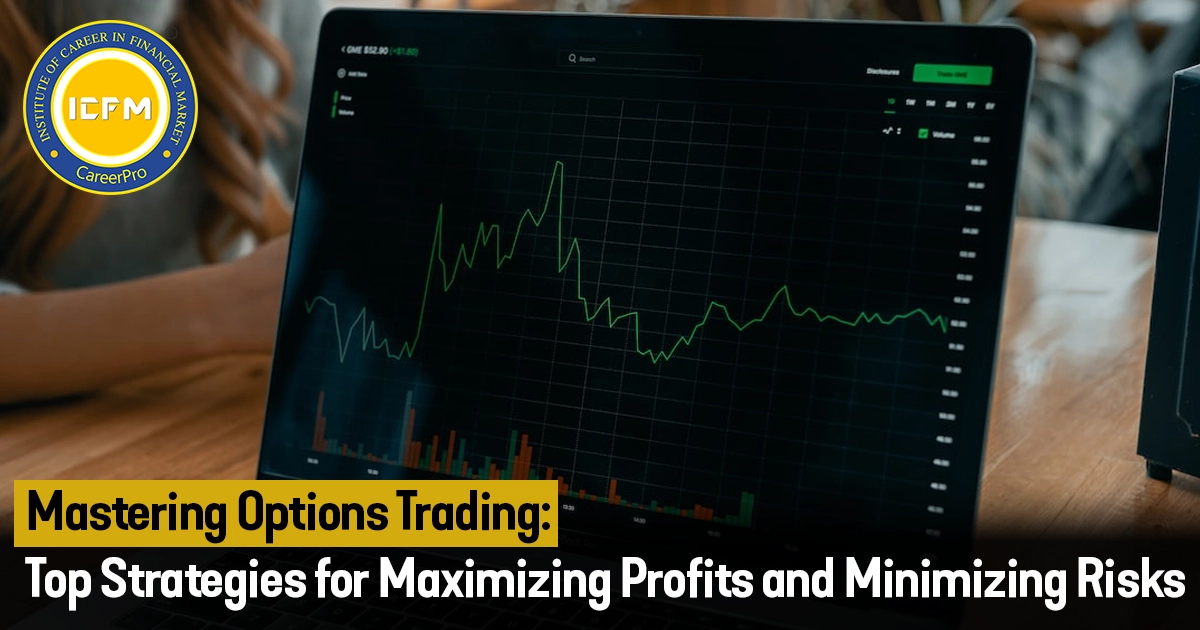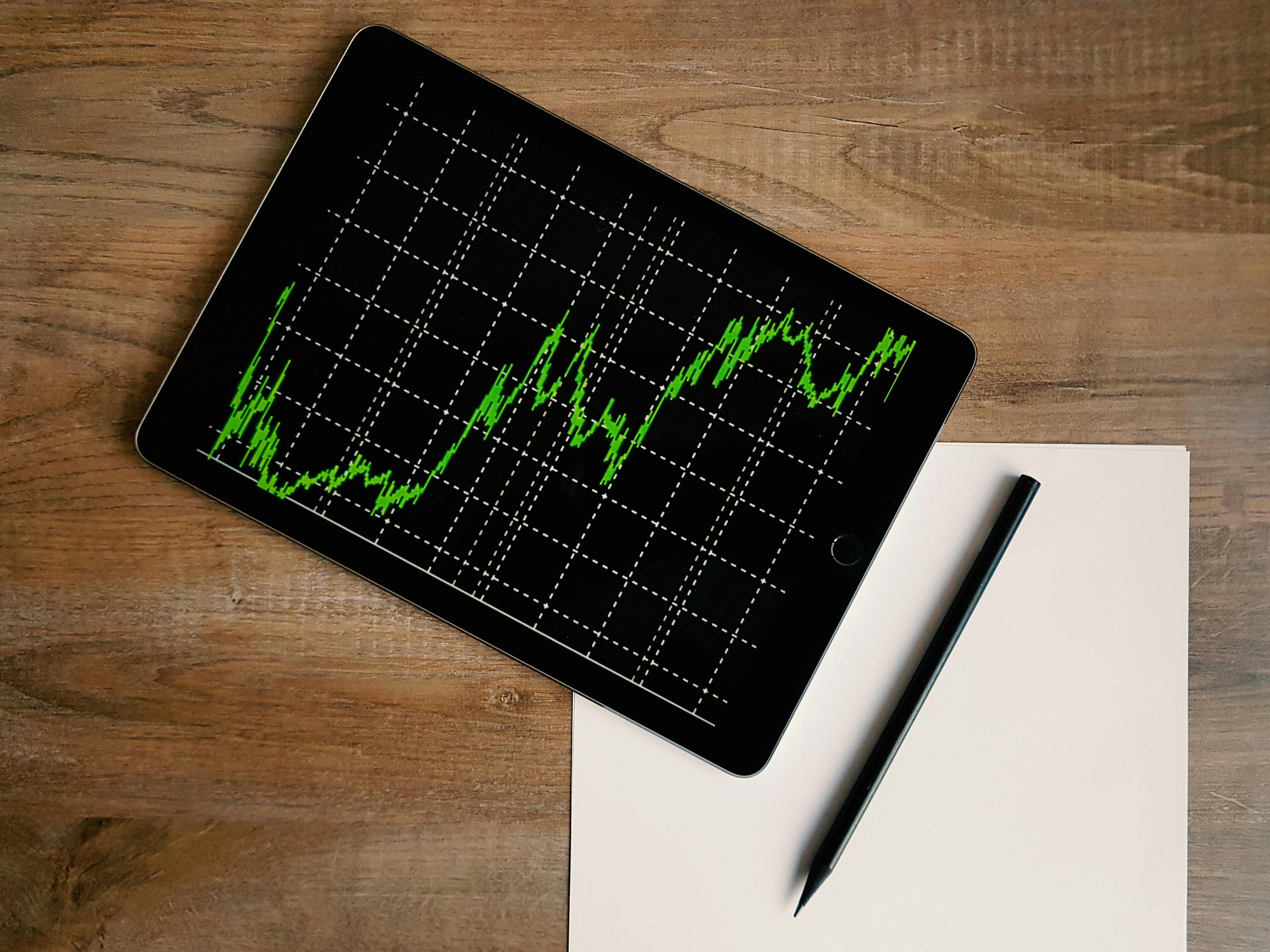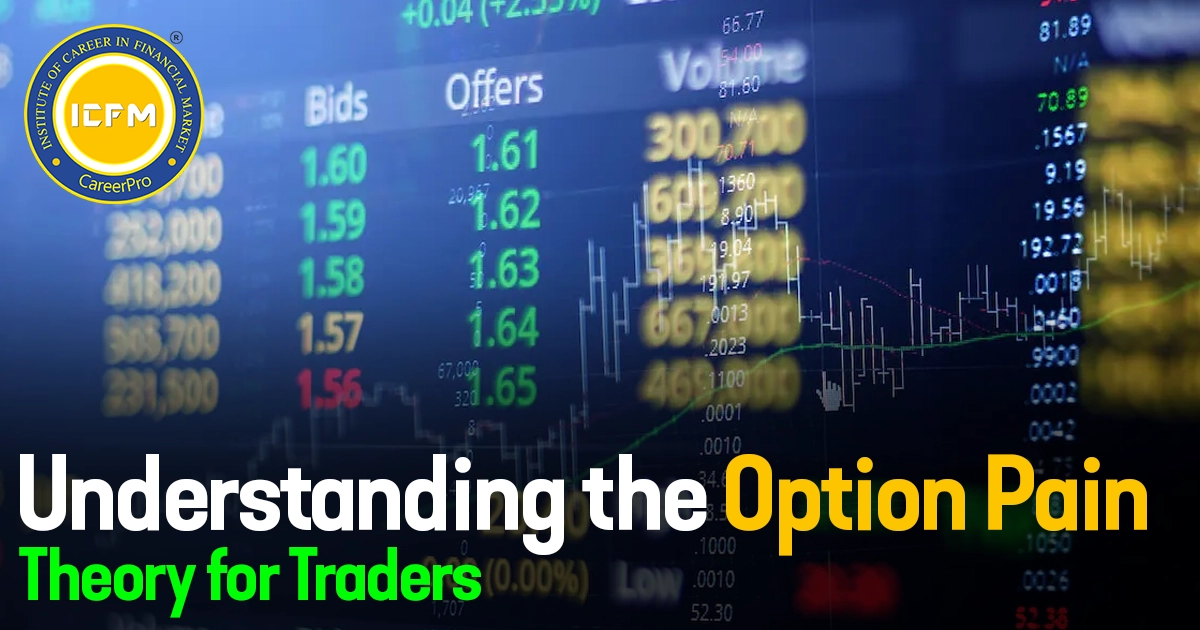Derivatives trading, such as futures and options, offers a range of strategies for investors, from short-term trading to holding contracts until expiration. But what happens when you decide to hold a contract until its expiry?
Let’s break down the settlement process and explore the two primary methods:
- Cash Settlement and
- Physical Settlement.
Trading Before Expiry
Before diving into settlement types, it’s essential to understand that you can trade (buy or sell) your futures or options contract multiple times before it matures. This flexibility allows you to lock in profits or cut losses as market conditions change. However, if you choose to hold your contract until it expires, the exchange will automatically settle it for you.
Types of Settlement
1. Cash Settlement
In cash settlement, no physical delivery of the underlying asset takes place. Instead, the difference between the contract price and the market price at expiration is paid in cash. This method is most common for index futures and options in India.
How Cash Settlement Works:
- Contract Expiration: At the contract’s expiration, the value of the underlying asset is determined.
- Profit or Loss Calculation: The difference between the contract price (strike price for options or agreed price for futures) and the market price at expiration is calculated.
- Cash Exchange: Depending on the position:
- Buyer (Long Position): If the market price is higher than the contract price, the seller pays the buyer the difference.
- Seller (Short Position): If the market price is lower than the contract price, the buyer pays the seller the difference.
An investor buys a futures contract on an index at ₹10,000. At expiration, the index is at ₹10,200. The seller pays the buyer the difference of 200 points, multiplied by the contract’s lot size, as cash.
2. Physical Settlement
Physical settlement involves the actual delivery of the underlying asset when a contract expires or is exercised. Since October 2019, the Securities and Exchange Board of India (SEBI) has mandated physical settlement for all single-stock derivatives, making this an important concept for traders.
How Physical Settlement Works:
If you bought a stock futures contract, you would receive the shares of that stock at the agreed price when the contract expires. Conversely, if you sold the contract, you must deliver the shares.
Example:
A trader buys one lot of XYZ stock futures at ₹500 per share, with a lot size of 1,000 shares. At expiration, the trader must take delivery of 1,000 shares at ₹500 per share, totaling ₹5,00,000.
Process of Settlement
Mark-to-Market (MTM) Settlement: This occurs daily, where gains and losses are calculated, and margin accounts are adjusted. This daily settlement ensures participants maintain adequate funds and mitigate risk.
Final Settlement: On the expiry date, the contract is settled either in cash or through physical delivery, depending on the derivative.
Special Considerations in the Indian Market
Stock Derivatives: Since October 2018, SEBI has mandated physical settlement for stock derivatives, with few exceptions. This requirement ensures a stronger link between the derivatives market and the underlying cash market.
Index Derivatives: Cash settlement remains the standard for index derivatives, as it’s impractical to deliver an index.
Can You Take Physical Delivery Without Sufficient Funds?
No, you cannot physically deliver a derivative without sufficient cash in your account. If you hold a contract requiring physical delivery, you must have the funds to settle the transaction. Here’s what you need to know:
1. Margin Requirements and Funds Availability
You must maintain an initial margin when entering a futures contract or buying an option. As the contract nears expiration, margin requirements may increase to ensure you have enough funds for physical settlement.
2. Consequences of Insufficient Funds
If you lack sufficient funds, your broker will likely square off your position before expiry to avoid physical delivery. Failure to do so could result in penalties or legal action.
3. How Brokers Handle Insufficient Funds
Most brokers automatically square off positions on the last trading day if you don’t have enough funds for physical delivery.
4. Key Considerations for Traders
Ensure your account is funded with the required amount well before the expiry date if you intend to take physical delivery. Regularly monitor your positions and consult with your broker to avoid any issues.
Conclusion
Understanding the settlement process is crucial when trading derivatives. Proper planning and account management can ensure a smooth experience whether your contract is settled in cash or physically. Always ensure you have the necessary funds if you plan to take physical delivery and stay informed about the regulations that impact your trades.









